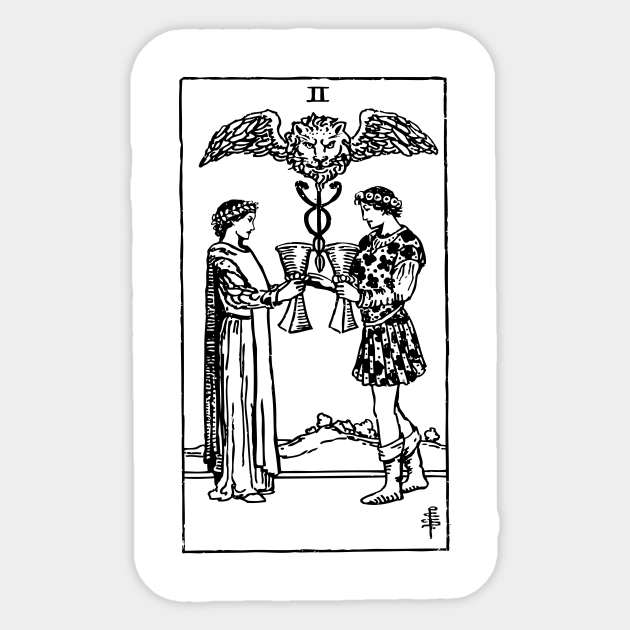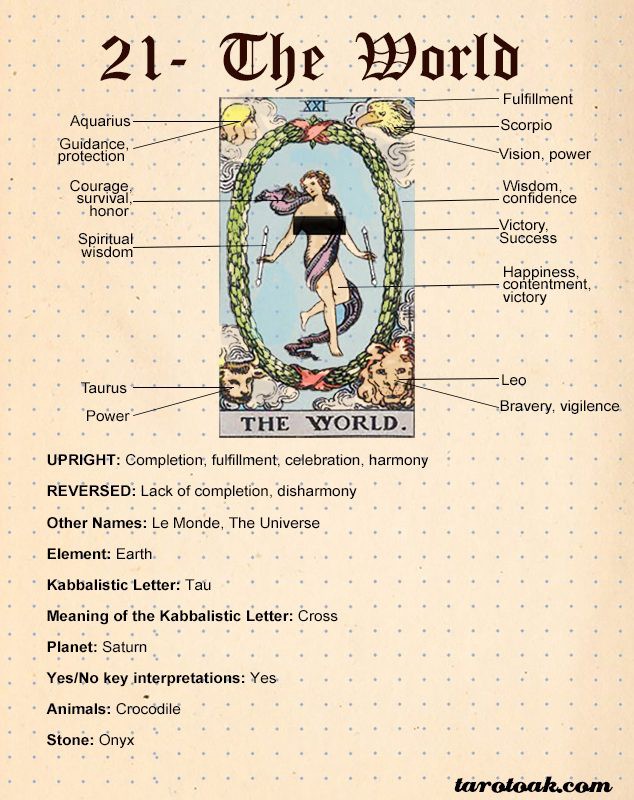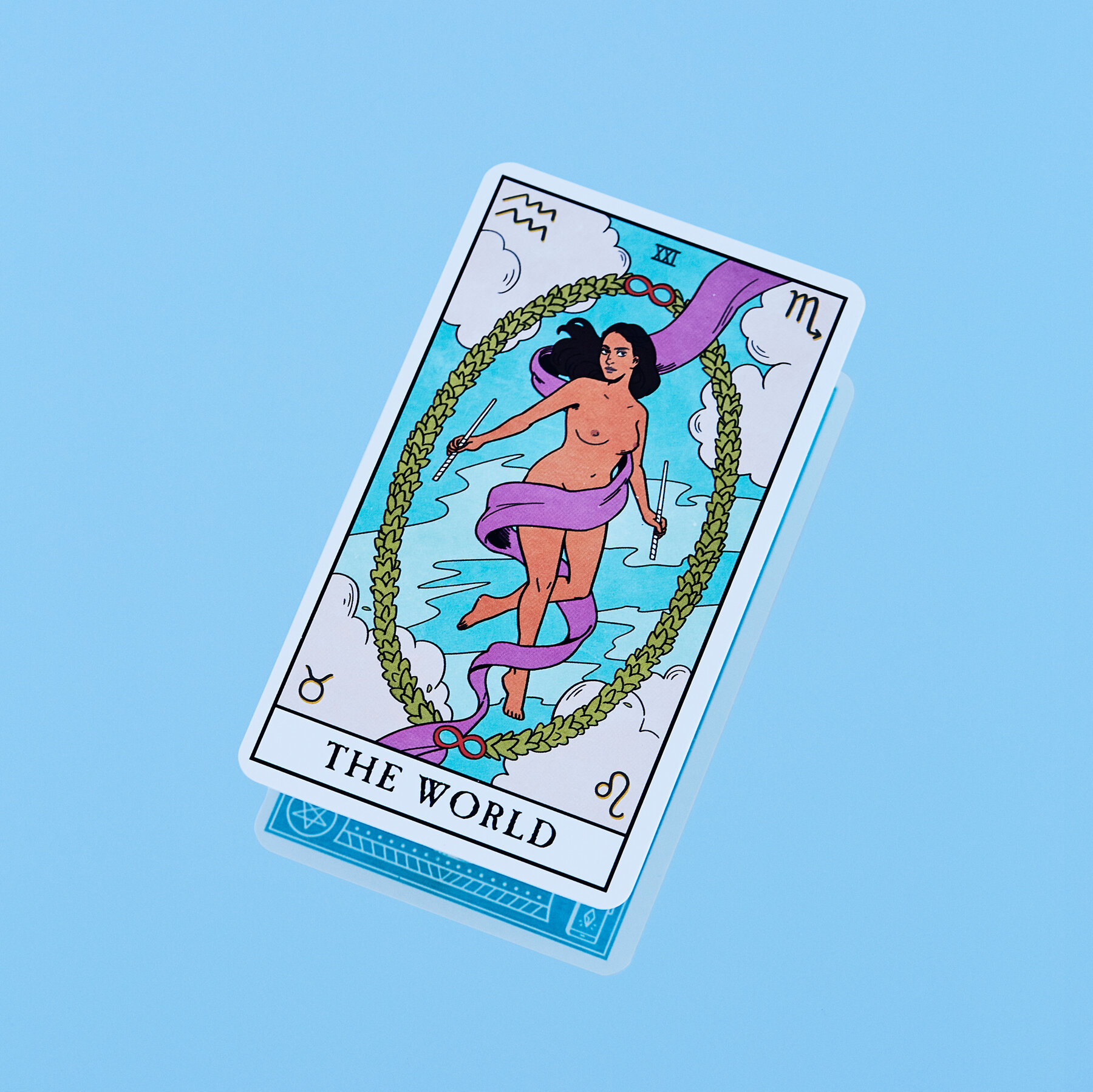
A tarot spread for love offers several benefits. The first card gives you insight into yourself, while the second and third cards offer an insight into your crush or partner's point of view. These cards can give insight into whether the relationship will be worth it. These are the three cards that make up the first row of this spread.
Past, present, future tarot spread
The Past Present, Future Tarot Spread, which is a classic spread, can be used for insight into the past, present, or future. The cards to the left represent past events and feelings, while the card to the right is about what holds you back in the future. This Tarot spread is useful for analysing regression and progress. It's also helpful for learning how to read a spread.
The Past, Present, Future Tarot Spread layout is simple but effective. The cards are placed side by side and then turned down. These cards represent The Four Elements. They are about relationships, work, money. This tarot spread is a wonderful tool for clarifying your thoughts.

Hanged Man major arcana tarot card
The Hanged Man major Arcana Tiara card symbolizes sacrifice. But it's far from all-bad. This card can often be taken to indicate that you need some downtime and to re-evaluate what priorities are most important to you. It might indicate that your mental and behavioral patterns are outdated and you need to accept new ways of thinking.
The liminal state is also represented by the Hanged Man. This condition involves a situation in which you are unsure of what to do or where to go. This could be a waiting period for a job change, which can cause extreme stress. This can make the transition even more stressful if it depends on external processes. It is important to accept uncertainty and trust that it will work in your favor.
Justice major arcana tarot card
The Justice card is one of the Major Arcana tarot cards. It is associated to balance, law, and power. The Justice card image depicts a woman wearing a red cloak and a gold crown with an upward-pointing blade. It is a symbol of fairness and justice in Western culture. Justice rewards people who behave well and seeks to eradicate injustice.
The Justice tarot deck has a message for anyone who seeks enlightenment. It tells us to stay away from corrupt practices, quick money schemes, and other such things. While they may sound appealing, they often have negative karmic consequences. The Justice tarot card is also important for making decisions in the love and relationship arena. It doesn't matter if you're single or in a couple, you have to know how much you are worth.

Hermit major arcana tarot card
The Major Arcana contains the Hermit tarot deck. It is a wise and independent figure. It is a sign that you have a lot of spiritual work to do, and that you need to reconnect with the people who are most important to you. Your Hermit card can serve as a guide.
You may be more vulnerable or exposed if you have a Hermit card. This may be a time to share your work and ask for feedback. You may also have the opportunity to teach or start your own business.
FAQ
How do I find a hobby that interests me?
At first, it may seem like there is nothing you can do.
You're likely thinking, "I can't be very artistic" or "I have no idea what I'm doing."
The truth is that you likely already have a lot experience in your chosen hobby.
It's simply that you haven’t yet realized it.
Have a look at your home. How many things do you own?
Do you have any old toys lying around?
You might have a collection.
Perhaps cooking has been something you've wanted to do all your life.
Maybe you want to get back into playing the guitar.
It doesn't matter what it is, you can probably turn it into a hobby.
The key is to see that you already have many experience to draw upon.
You'll find a hobby that fits your lifestyle once you do.
What are your competitive hobbies?
Swimming, running, cycling, golfing and tennis are some of the competitive sports.
They're usually played by people who enjoy physical activity but also provide an opportunity for social interaction.
If your hobby is physical activity, chances are that others share it.
This could be as simple as joining a sports club where you play regularly together.
You might also choose to participate in team games involving playing alongside others.
These include football (soccer), cricket, rugby, netball, basketball, hockey, baseball, volleyball, badminton, squash, handball, and table tennis.
There are many kinds of competition.
Some competitions exist solely for recreational purposes.
Others are intended to test competitors' skill.
And still, others are designed to reward outstanding performance.
These cases result in prizes for the winners.
Other competitions are meant to test competitors' strength and stamina.
These are called endurance events.
For example, marathon races, triathlons, Ironman Triathlon, etc.
Before participating in these events, athletes often train hard.
They will adhere to a strict training program that prepares them mentally as well as physically.
They may also need to spend some time away from home during preparation.
It is important to remember, not all athletes will compete in every type and event.
How do I get started?
It is important to choose the type of hobby you want to start.
Once you have decided on your subject, passion is the key.
It is crucial to know why you want to pursue a hobby. This will help you find direction and a purpose.
Once you have determined what hobby you wish to pursue, you can plan your next steps.
Take a look at the equipment you will need.
Consider whether classes or seminars are necessary.
Ensure that you have enough space for your hobby.
Consider joining a club, or group. These groups usually offer support and advice.
Think about how much you'd need to spend on your hobby.
What are educational hobbies, you ask?
An educational hobby involves a sport or other activity where you can learn something from doing it. It could be anything, from playing sports to learning how an instrument is played.
You should have fun with it. You don't have to do it all the time, but if you find yourself getting bored, then you need to think about what else you could be doing instead.
Also, you need to be careful not to spend too much on these activities. They can end up costing more than you think.
What's a hobby?
Hobby for children is anything they enjoy doing outside of work. They might like to draw pictures, build things, paint, write stories, play with toys, read books, watch TV, listen to music, play computer games, ride bikes, skateboard, swim, climb trees, run around outside, play football, basketball, volleyball, rugby, cricket, baseball, soccer, hockey, dodgeball, rounders, tag, hide and seek, hopscotch, marbles, jump rope, hopscotch and many others.
Parents worry that their children might get in trouble if they are allowed to do what they like. However, this is not always true. If your child is safe and doesn't cause harm to themselves or anyone else, they won't get into trouble.
It is important to keep in mind that just because someone likes something, doesn't mean they will choose it every time. If they are passionate about drawing but hate writing, they might choose to draw pictures over writing.
There are many types of hobbies. It's up to you to choose one that you really enjoy.
Statistics
- I am 100% biologically a woman (discover.hubpages.com)
- Studies show that just six minutes of reading can reduce stress levels by 60 percent. (oberlo.com)
- 37% Video Games 36% Travel 36% Health and Fitness (quizexpo.com)
- A new survey by Pew Research Center of teens ages 13 to 17 finds that 36% of girls feel tense or nervous about their day every day; 23% of boys say the same. (pewresearch.org)
- Almost 80% of people claim to have no hobby. (hobbylark.com)
External Links
How To
How to learn a music instrument
There are many methods to learn music. You could go to a school or buy a book. You could also take lessons from an experienced musician, watch videos online, and so on. Here are some tips and techniques to help you learn if your goal is to create your own learning path.
-
Find something that interests your interest. If you don't like any of the instruments you see around, then you should try another one. If you don't like playing an instrument, it would be difficult to learn how to play it.
-
Be patient. Learning anything new takes some time. Don't expect to master everything right away. Instead, keep practicing every day.
-
Regular practice is important. Even if you feel tired, keep practicing. This will ensure you don't forget what lessons you have just learned.
-
Find a quiet place to practice. A quiet room where you won't disturb anyone else is ideal. Be sure to not distract others. You should avoid loud music being played near you.
-
Have fun. Music should be enjoyed. So make sure that you always have fun while practicing. It will make you more motivated to keep going.
-
Set goals. If you set goals, then you will know exactly how you want to get there. There is no excuse for failure.
-
Keep track of your progress. Notate all of your achievements and failures. It will help you become a better person over time.
-
Take breaks. Sometimes, you will just need to stop for a while. Taking breaks will give you time to think about things.
-
Ask questions. If you have any questions or doubts about the instrument, ask other people. They may be willing to help.
-
Learn by listening. Musicians often listen to music they like and try to imitate it. This helps musicians understand the fundamental concepts of the song.
-
Read books. Lessons learned from books are more valuable than videos and classes. Books often contain information you can't find elsewhere.
-
Join a group. You will be able to practice more when you play with others. You will also meet others with similar interests to yours.
-
Learn from tutorials. Tutorials are brief videos that cover a variety of topics in great detail. Tutorials are short videos that focus on one part of the instrument. Tutorials can be helpful in understanding difficult parts of an instrument.
-
Explore different learning methods. Some people prefer to learn via lectures while others prefer to read. You can experiment until you discover what works for you.
-
Practice makes perfect. There is no way to be an expert overnight. It takes a lot of work to be able to perform well.
-
You can learn from other musicians. Listening and learning from others can help you to learn faster.